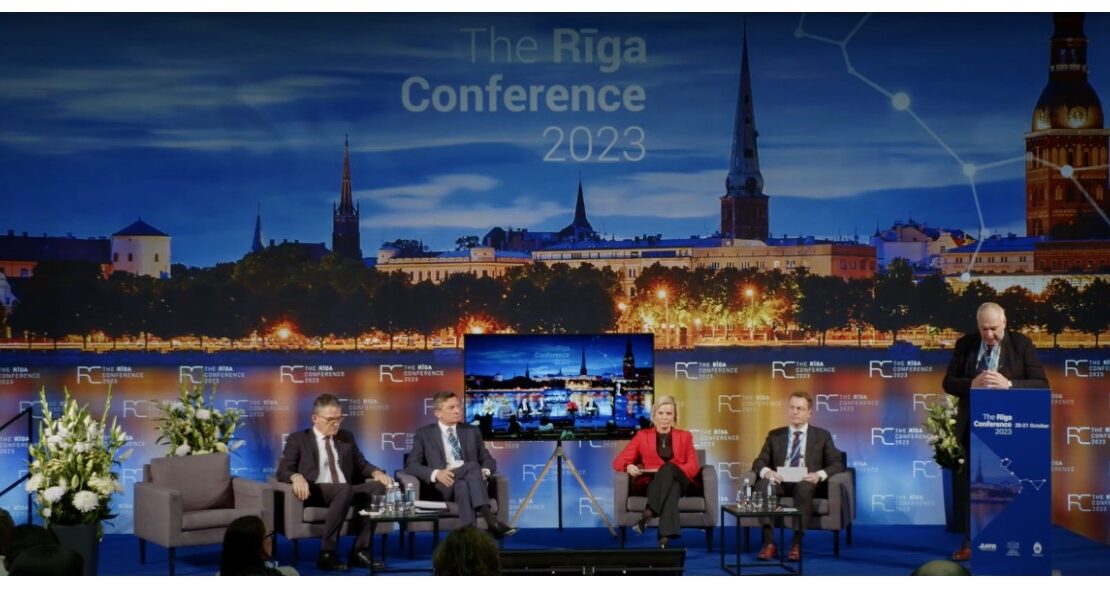NATO’s Vilnius Summit reached some promising conclusions: member states were apparently united in their commitment to increase defence spending and modernize defence technologies. They agreed to strengthen the Eastern flank of the Alliance and invite Sweden to join NATO and offered more support for Ukraine. There was also the usual rhetoric about a community of transatlantic values and the need to further synchronize threat perception. However, what was achieved? What will NATO’s security and defence posture be in the Baltic Sea region? Will nations respond in time and at scale to Ukraine’s needs? When will Ukraine be offered membership? Above all, when will NATO’s New Force Model be realised, given Russia’s longer-term ambitions allied to the need to deal with China in an increasingly challenging geopolitical environment? In 2024, NATO will celebrate its 75th anniversary at a summit in Washington. What concrete decisions must NATO take in DC?
David Cattler, NATO’s Assistant Secretary General for Intelligence and Security
Anna Wieslander, Director for Northern Europe at the Atlantic Council, Head of the Atlantic Council office in Stockholm
Jeremy Shapiro, Research Director, European Council on Foreign Relations (online)
Roderich Kiesewetter, Member of German Parliament, Committee of Foreign Affairs, former General Staff Officer of the Bundeswehr
H.E. Borut Pahor, President of Slovenia 2012-2022
Moderator: Julian Lindley-French, Chair & Founder of TAG – Geopolitics, Strategy and Innovation; Chairman of The Alphen Group

